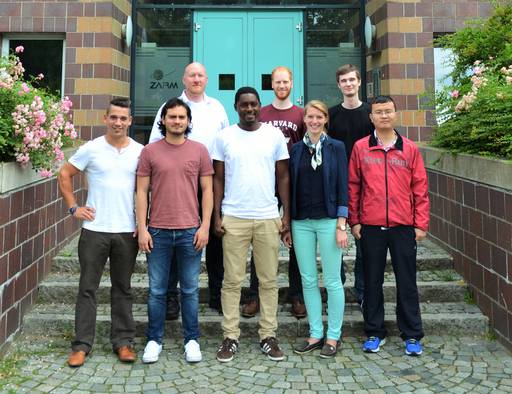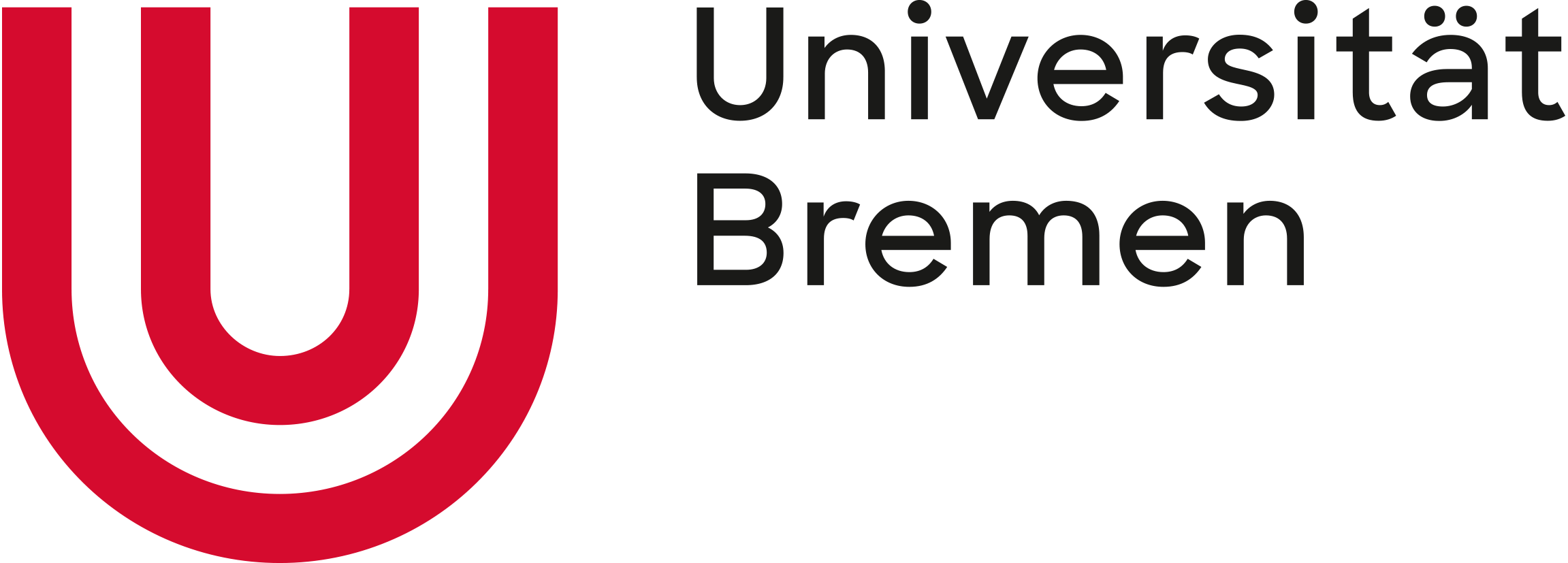thermofluid dynamics

Primary research topics in the research group “Thermo-Fluid Dynamics” are around modeling of unsteady processes in fluid and thermo-dynamics resulting from transient microscale phenomena in plasma and gas dynamics. The correlation between momentum transfer and thermo-fluxes is analyzed by disturbance calculation methods and stability evaluations. To achieve this, the dynamics of microscale particles and molecules has to be modeled. Based on statistical physics the molecular motion is described, among other formulations, by the Brownian motion. Physical quantities of molecular flows are described through spectral methods as transport equations for the probability density function over the phase space. The research topic focuses on the combination of flow modeling and the thermodynamic aspects of molecular and turbulent flows. The thermodynamic and fluid dynamic behavior of such flows is dictated by the relations between the Knudsen (Kn), Reynolds (Re) and Mach (Ma) numbers.
- One of the best-known, scale invariant phenomena in fluid dynamics are turbulent flows. The unsteady character of turbulence is modeled by time-resolved simulations. Because of the very small length scales of turbulent structures and the restricted refinement possibilities of numerical grids, not all convective motions can be resolved directly. Therefore subscale formulations obtained through turbulence models are necessary.
- Additional areas of interest are turbulent dispersed flows with boundary layers, turbulent suspension flow with phase transition, problems regarding contact between fluids and solids, contact line dynamics, stability problems of fluid mixtures (linear and non-linear), self-gravitating flows and rarefied gases, where a link between fluid and solid mechanics can be established.
- To achieve this, the dynamics of microscale particles and molecules must be modeled. Based on statistical physics the molecular motion is described, among other formulations, by the Brownian motion. Physical quantities of molecular flows are described through spectral methods as transport equations for the probability density function over the phase space.
Some external applications are biotechnological research activities, regenerative energy systems, filling technology, and meteorological predictions in environmental science. The main research area, technical fluid flows and combustion, is this way significantly broadened by establishing a link to further research areas.


 "
"